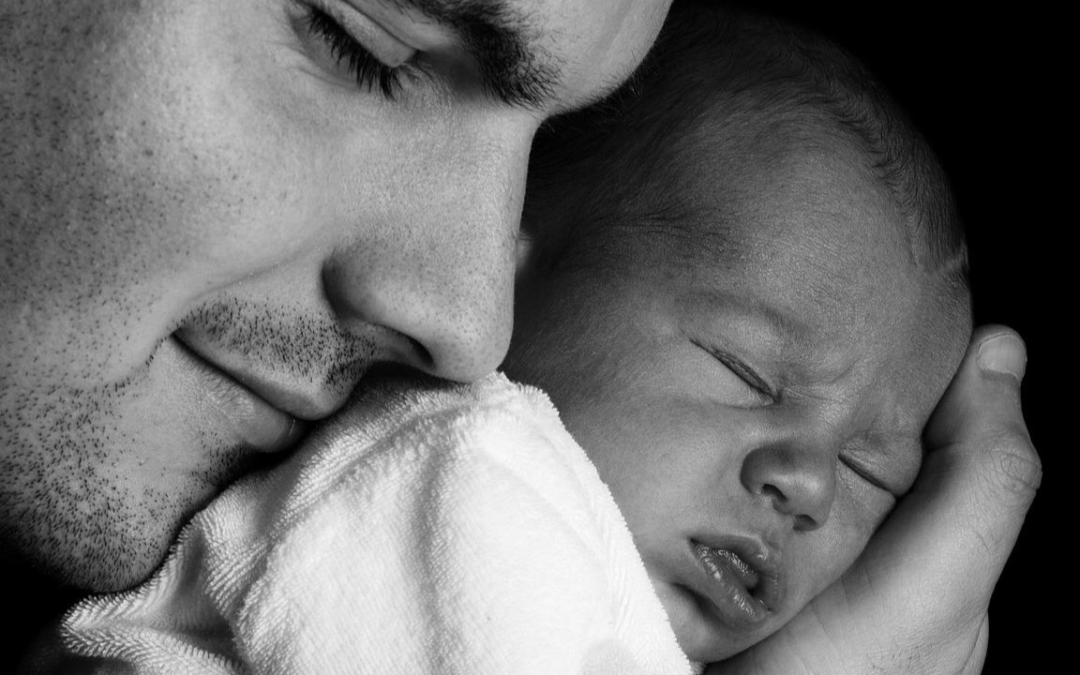
Close relationships shape our brain and who we become
Our experiences in the first dozen or so years of our lives have a powerful impact on the people we become.
They influence how our brains develop during the years leading up to adolescence.
But even after these early years, relationships continue to play a crucial role in our growth and development.Genes influence some aspects of neural growth, but there is a much fuller set of factors that contribute to our well-being than genetics alone.
How the mind unfolds, how relationships are supportive, how people feel a sense of belonging to a larger group all influence how the brain achieves and maintains integrative development at the root of our pathway toward health. Especially influential in terms of how the brain develops—and, in turn, how we learn to calm our emotions, how we understand ourselves, and how we relate to others and the larger world—are our experiences during infancy. The relationships we have with our parents and other people who care for us when we are very young most directly shape who we become.

